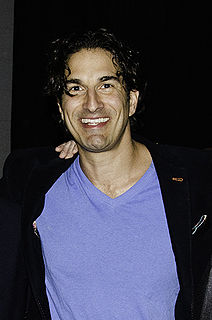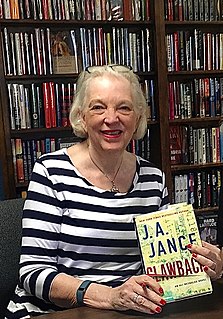A Quote by Walter Murch
Take any writer you want in the 19th century: they wrote with quill pens, dipping a piece of goose feather in ink and writing. And yet we read those novels today, and if we're sensitive to them, we respond to them with an immediacy that is stronger than anything written today on a word processor.
Related Quotes
The Anglo-American tradition is much more linear than the European tradition. If you think about writers like Borges, Calvino, Perec or Marquez, they're not bound in the same sort of way. They don't come out of the classic 19th-century novel, which is where all the problems start. 19th-century novels are fabulous and we should all read them, but we shouldn't write them.
Barrie and the wonderful characters he created, Lewis Carroll, even French literature, like Baudelaire or over in the States, Poe, you open those books, you open The Flowers of Evil and begin to read. If it were written today, you'd be absolutely stupefied by the work. It's this incredible period where the work is timeless, ageless. So yeah, I just love all those guys. It's my deep passion in those great 19th century writers.
I was writing everything. I grew up in Albany, New York, and I was never any farther west than Syracuse, and I wrote Westerns. I wrote tiny little slices of life, sent them off to The Sewanee Review, and they always sent them back. For the first 10 years I was published, I'd say, "I'm a writer disguised as a mystery writer." But then I look back, and well, maybe I'm a mystery writer. You tend to go where you're liked, so when the mysteries were being published, I did more of them.
Total oblivion is the fate of almost everything in this world. I'm very likely to suffer that same fate; my work will probably not be remembered, and if any of it is, if any of those novels is fated to be one of those novels that is still being read 50 or 100 years after it was written, I've probably already written it.
If you read novels of the 19th century, they're pretty experimental. They take lots of chances; they seem to break a lot of rules. You've got omniscient narrators lecturing at times to the reader in first person. If you go back to the earliest novels, this is happening to a wild extent, like 'Tristram Shandy' or 'Don Quixote'.




































